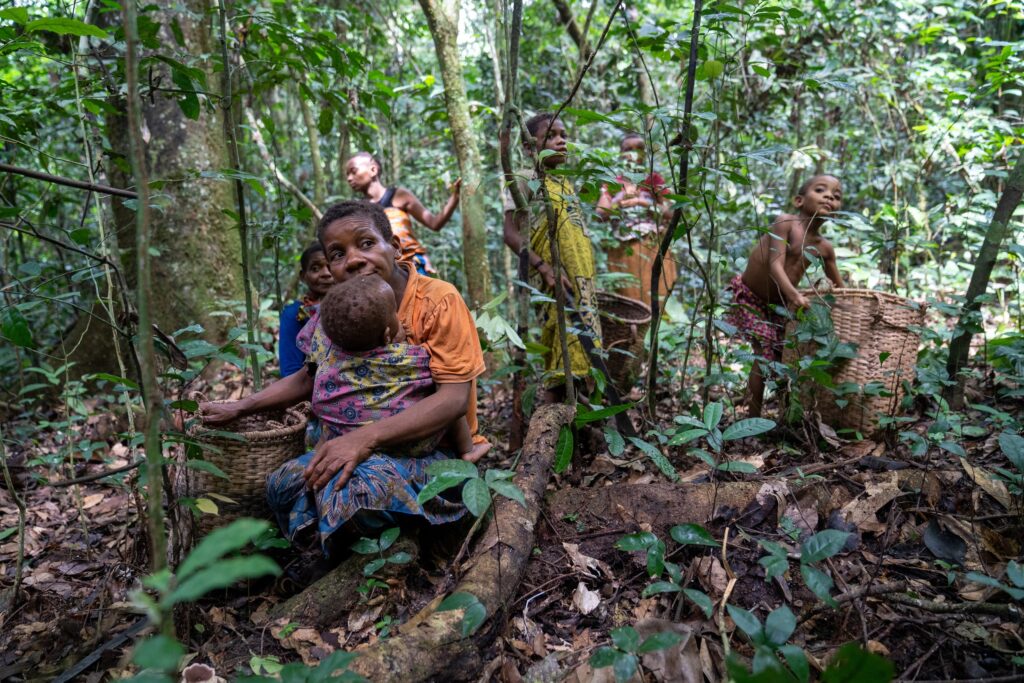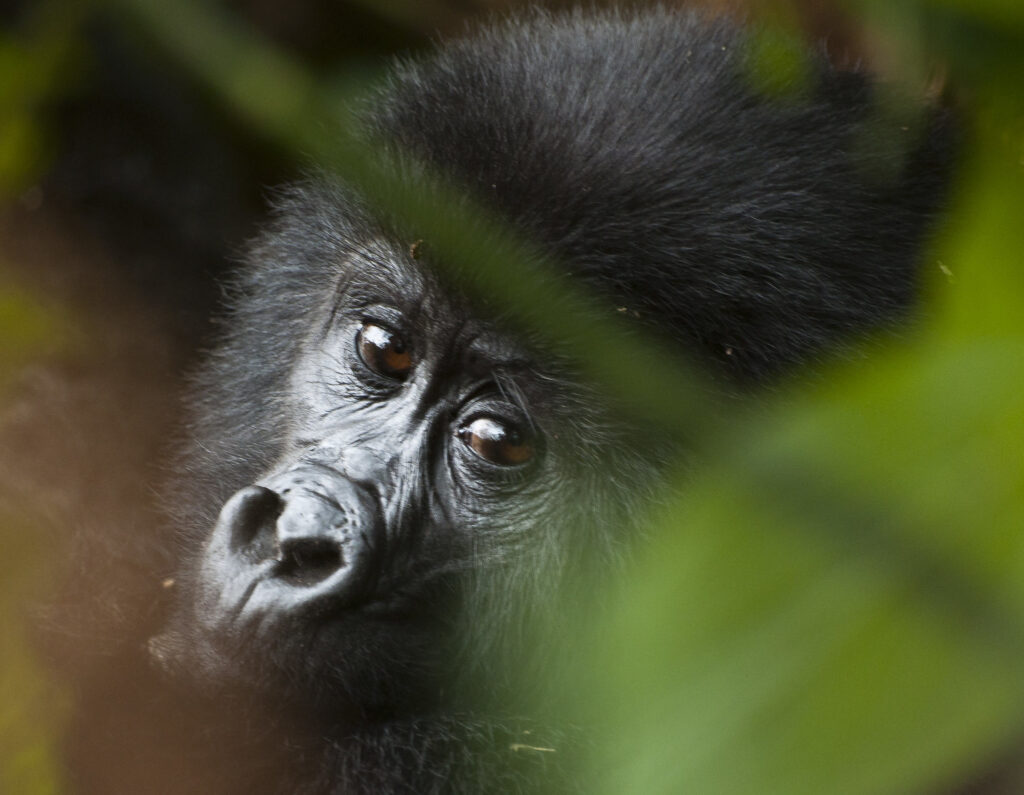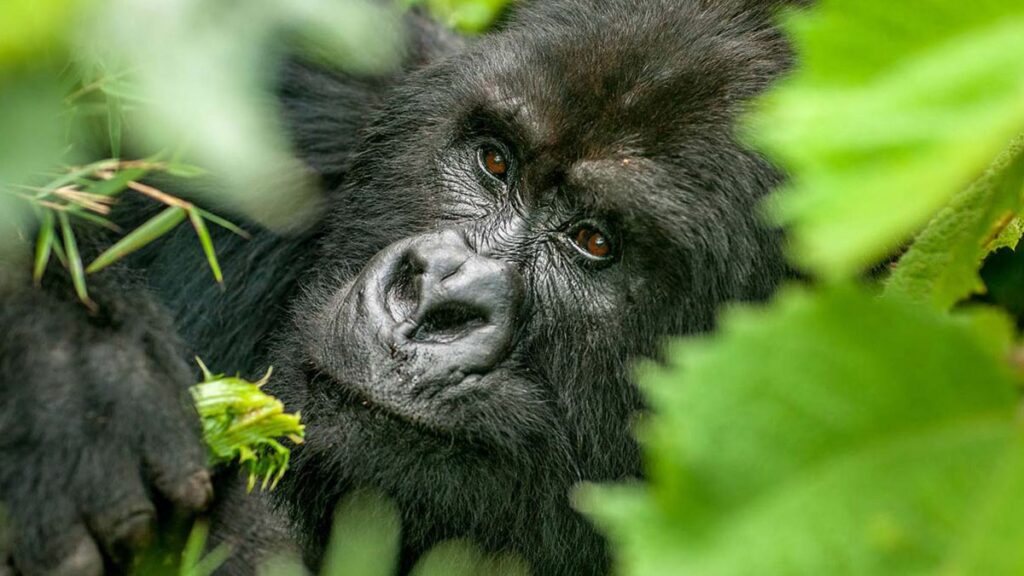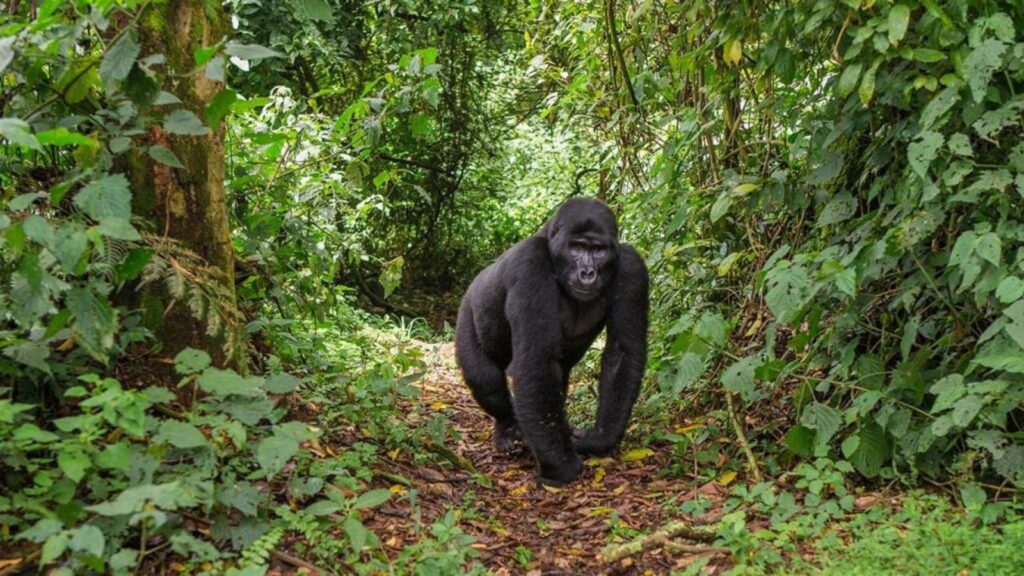The Mbuti Pygmies of the Congo: Guardians of the Ituri Rainforest
Deep in the heart of the Democratic Republic of Congo lies the Ituri Rainforest, home to one of Africa’s most ancient and unique communities—the Mbuti Pygmies. Known for their close bond with the forest, the Mbuti live a traditional hunter-gatherer lifestyle that dates back thousands of years. Their culture, beliefs, and traditions offer a rare window into a way of life that has remained deeply rooted in harmony with nature.

Origins and Identity
The Mbuti are among the earliest known inhabitants of Central Africa. Anthropologists believe they have lived in the Congo Basin for thousands of years, surviving entirely from what the rainforest provides. Their name often appears in historical records describing them as skilled hunters, forest dwellers, and guardians of ancient knowledge. Unlike their neighboring farming communities, the Mbuti rely almost exclusively on the forest for food, medicine, and shelter.
Daily Life in the Forest
Life for the Mbuti revolves around the forest. They build temporary leaf huts in circular camps, which they abandon once hunting and gathering resources in the area reduce. Men typically hunt using bows, spears, or large nets, while women and children help gather wild fruits, roots, mushrooms, and honey. Fishing in streams adds to their diet, making their meals balanced and nutritious.
The Mbuti follow a sustainable way of life. They only hunt what they need and gather without destroying the forest. This respect for nature has made them true custodians of the Ituri Rainforest.
Culture and Beliefs
The Mbuti view the forest as both parent and protector. They believe it provides life, safety, and guidance. When hardship strikes—such as poor hunting or illness—they perform the Molimo ceremony, a ritual designed to “wake the forest” and restore balance.
Music and dance play a central role in Mbuti culture. They are known worldwide for their polyphonic singing, where voices overlap in complex harmonies that mimic the forest’s natural sounds. Songs accompany daily tasks, rituals, and celebrations, turning life itself into a rhythm of connection with the environment.
Social Structure and Community
Mbuti society is egalitarian. Unlike many hierarchical communities, the Mbuti make decisions through consensus. Leadership shifts depending on the situation—hunters lead during hunting, while elders guide spiritual rituals. This system ensures cooperation and balance within the community.
Children grow up learning practical forest skills from an early age. Boys learn to hunt, while girls join women in gathering and preparing food. Storytelling, songs, and shared traditions preserve history from one generation to the next.
Relations with Neighboring Communities
Although the Mbuti live deep in the forest, they maintain relations with Bantu-speaking farming groups nearby. They trade forest products like honey, bushmeat, and medicinal plants for cassava, salt, and iron tools. This exchange helps them access goods they cannot produce themselves.
However, neighboring communities often view the Mbuti as inferior due to their short stature and forest-based lifestyle. This discrimination has led to social and economic marginalization.
Challenges Facing the Mbuti
The survival of the Mbuti and their traditions faces serious threats. Logging and mining have caused deforestation, reducing their access to hunting grounds. Armed conflicts in eastern Congo have displaced entire communities, leaving them vulnerable. Additionally, modern pressures push them to abandon their traditional lifestyle in favor of farming or wage labor, which erodes their cultural identity.
Conservationists and human rights organizations continue to advocate for the protection of both the Mbuti people and the forest they depend on. Their ecological knowledge is invaluable for biodiversity preservation in the Congo Basin.
Visiting the Mbuti Pygmies
For travelers seeking authentic cultural experiences, visiting the Mbuti offers a chance to witness traditions unchanged for centuries. Guided cultural tours in the Congo introduce visitors to their music, dances, forest hunting skills, and storytelling. Such encounters not only create memorable experiences but also support the preservation of Mbuti heritage through responsible tourism.
Best For: Travelers interested in authentic cultural immersion, anthropology, and ecotourism.
Tip: Always visit with a reputable local guide to ensure cultural respect and community benefit.
Idea: Combine a visit to the Mbuti with a Congo Basin wildlife safari for a deeper connection to the rainforest.
Conclusion
The Mbuti Pygmies remain one of the most fascinating communities in Africa. Their lifestyle reflects a unique harmony with the rainforest, offering lessons in sustainability, cooperation, and respect for nature. As modern pressures continue to challenge their survival, it becomes crucial to preserve both their culture and the forest they call home. A visit to the Mbuti is not just a journey into the Congo—it is a journey back in time, into the roots of human connection with nature.




